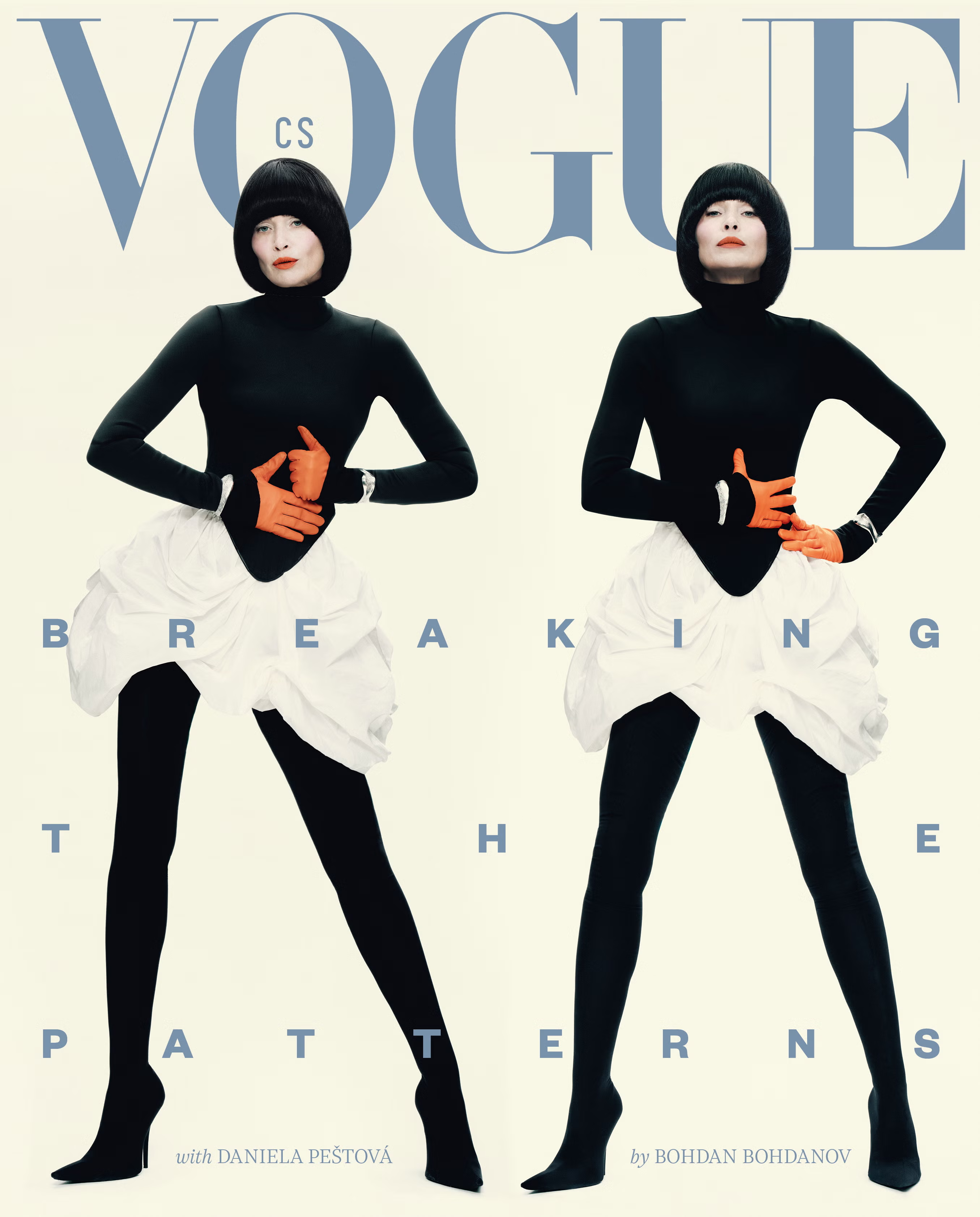Vogue CS in English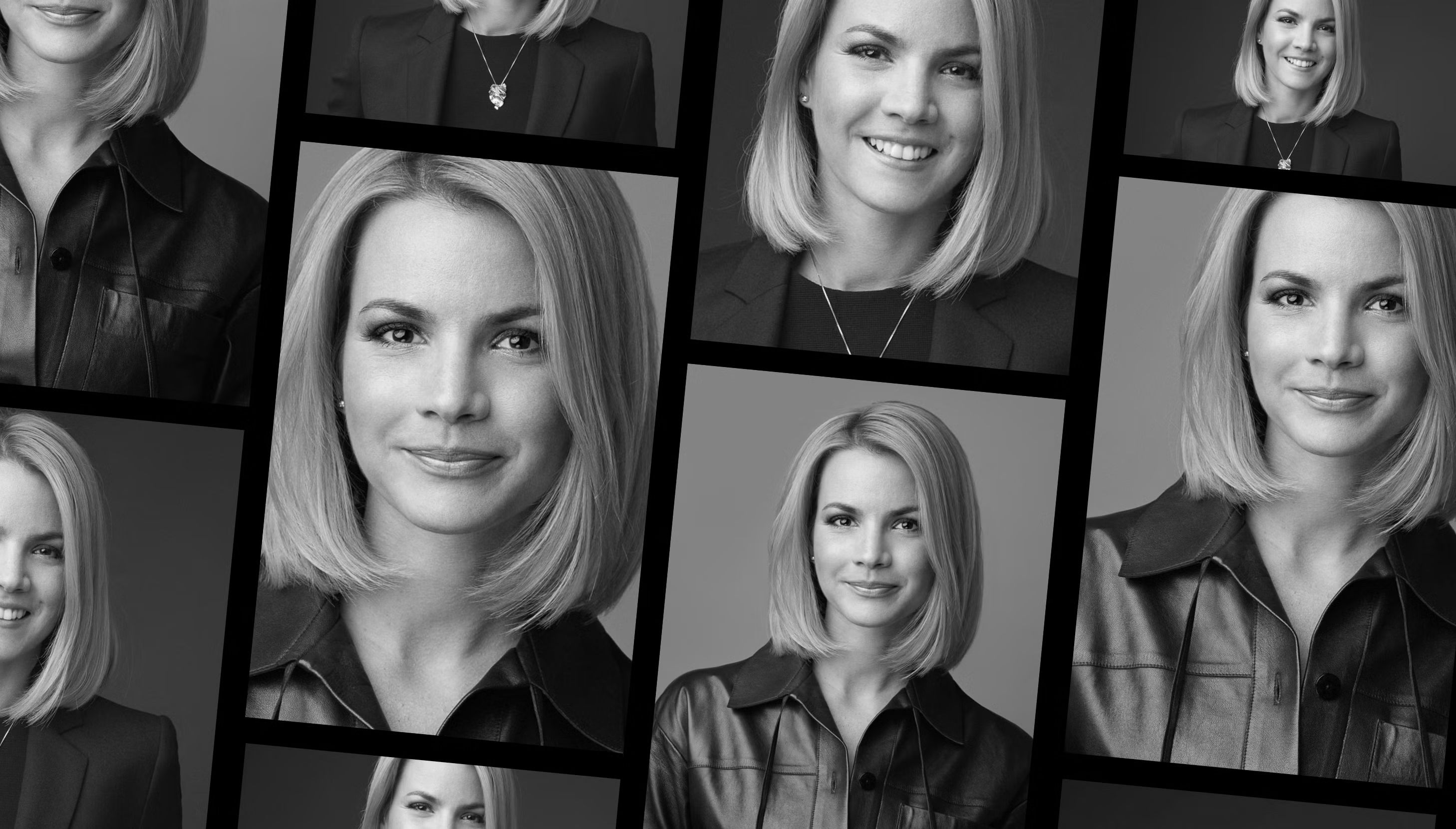
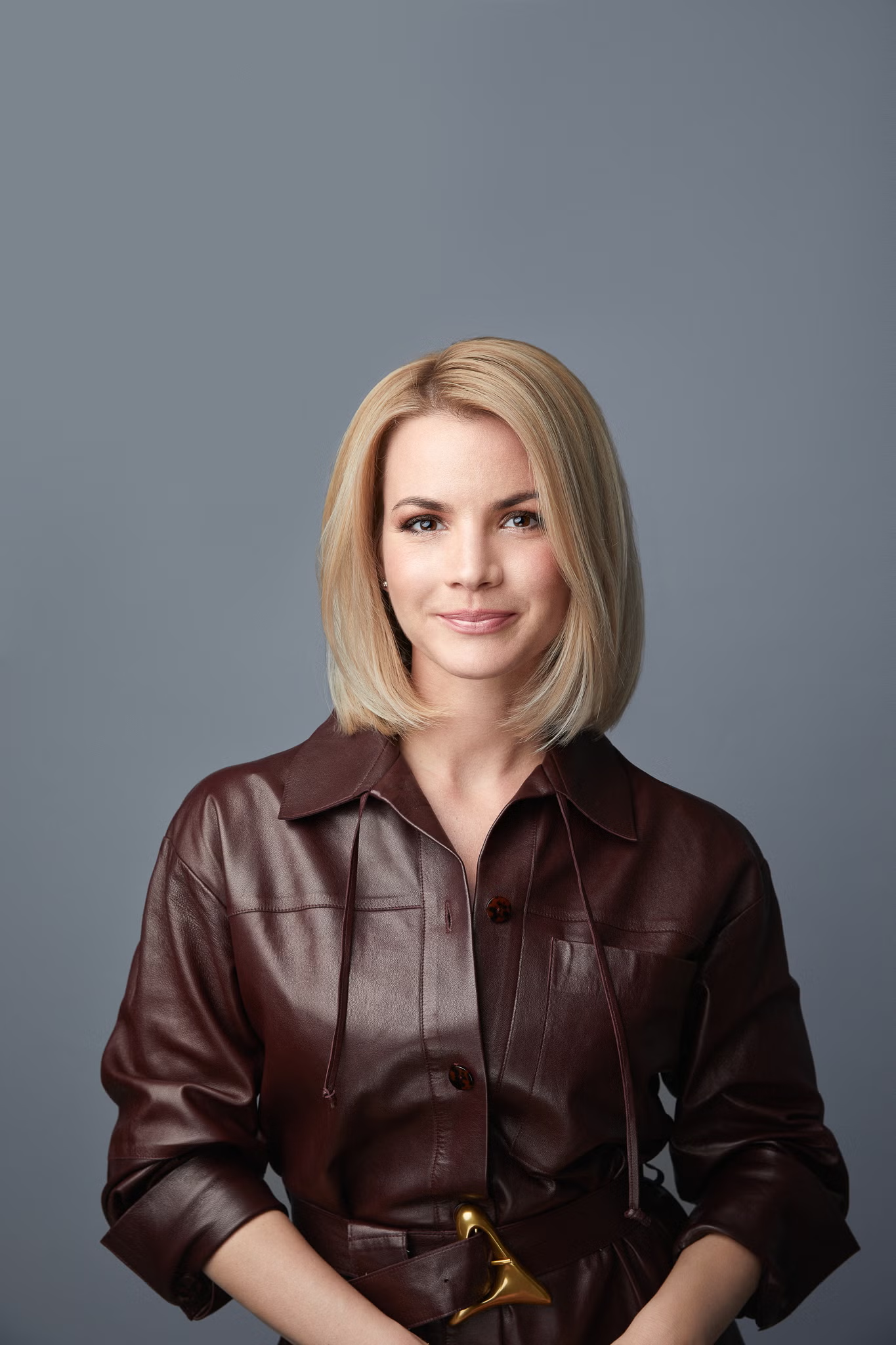
Zsófia Jakab: Talent plays a major role for us
Michaela Dombrovská18. 12. 2023
Fashion Week in Hungary is a feat of which this Central European country and our close neighbor can be justly proud. It is headed by a woman who understands not only fashion, but also its implications and its impact on the country's economy.

Foto: courtesy of Zsófia Jakab
Zsófia Jakab
Behind every edition of Fashion Week there is a long preparation and demanding organization. How do you feel when all the hustle and bustle dies down?
This year's autumn fashion week had an incredible response. We appreciate it even more because we tried to redefine Budapest Central European Fashion Week. We invited designers and media from all over the world. We had international brands, but we also attracted a domestic audience who are interested in fashion. We support the local fashion industry, designers and brands not only among professionals, but also among local people. So we tried to reach out to the local community with side events, exhibitions, discussions, round tables and other presentations. The numbers show that we have succeeded. People liked the location, the execution and especially the international guests appreciated the international atmosphere and standard. But as soon as one fashion week is over, we start working on the next one straight away. That will take place between 22nd to 28th of January 2024.
The Hungarian Design & Fashion Agency is a public institution as the organizer, so you have an exceptional position and guaranteed support from the political representation. Is this important for the success of the fashion week?
It means much more than just that our government supports the fashion week. It supports the entire fashion industry in Hungary, because it is possible that fashion could be a key industry in our country. Overall, more than 100,000 people work in the fashion industry, mostly in smaller companies outside the big cities. So supporting them means supporting jobs and supporting rural development. The fashion industry is not only about luxury brands, but also about the whole infrastructure needed for fashion creation. And then there is education, which is directly related to it, and other follow-up areas. Our agency helps to figure out new connections and support them. In addition, we are consistent, our support is long term, precisely because we are a government agency. We are connected to all the major brands, they take us seriously and appreciate what we do. Especially during the pandemic, it became clear that we could help them, they turned to us for advice and support.
We are a small country and we need to use all our strengths.
How does being a government agency and public finance affect your work?
We are completely independent in our decision-making, we are a professional organization. In addition, we involve experts from all over the world, we reach out to the greatest capacities and seek cooperation with similar institutions. I think everyone we help benefits from that. We help them in the beginning, but after that it is up to them. We offer opportunities. We are connected with all the major brands, they take us seriously and appreciate what we do. Especially during the pandemic, it became clear that we could help them, they turned to us for advice and support. We have also tried to get closer cooperation between the countries of the so-called V4 (Czech Republic, Slovakia, Poland and Hungary) and we have tried to link up to share experiences. In terms of tourism, we have a great cooperation, we are working together on a joint Discover Central Europe brand, but in the case of fashion weeks, it hasn't quite worked out yet. Nevertheless, we are inviting designers from these countries in an increased way.
How can Czech and Slovak designers get involved next year?
There is an application form on our website through which applicants can apply for BCEFW. But in addition, we ask our partners, including of course Vogue CS, to recommend suitable candidates that we can approach ourselves. We are open to other perspectives. The final line-up is then selected by our advisory board, made up of professionals from all over the world. They define, in essence, the spirit of the next fashion week. For designers and brands, for example, the already great media coverage that we get and the contacts we help them to make can be interesting.
Do you divide your attention between fashion and design? Are they connected areas for you, or vice versa?
Before 2018, we had two different teams for fashion and design, but it turned out then that this meant they weren't collaborating and not making the most of the opportunities. That's why we decided to merge the two sectors. We have teams focused on events, education, special projects or perhaps international collaborations, but where we bring fashion and design together, it's rewarding for everyone. In addition to organizing events in our country where we invite international participants, we also help Hungarian brands to break through in the world. For example, we supported their participation in the Czech Designblok. These are the opportunities for Hungarian brands that are ready for it.

Foto: courtesy of Zsófia Jakab
Zsófia Jakab
Do you manage to balance your work and personal life with your workload?
That's a tough question. At the Hungarian Fashion & Design Agency, my role is primarily strategic. I have a great team that I can rely on and for that I am very grateful. I have found a balance. During the week I dedicate all my time to work, but I keep my weekends free, unless I'm traveling for work.
Is fashion your passion?
I've done several internships with fashion brands during my studies, but I've always been very interested in the business side of things. Even my master's thesis was in marketing. I love fashion, but I also enjoy business, so I'm happy to combine both in my work.
Your agency is a subsidiary of the Hungarian Tourism Agency. How are fashion and tourism related?
Hungarian fashion definitely contributes to the country's image. People travel for different reasons and almost everyone wants to take home something to remember. If we introduce them to Hungarian brands and local creativity, they can support local design at the same time. We are a small country and we need to use all our strengths. We have spas, cultural heritage and then we have the creative areas, and fashion stands out among them. In this way we support tourism and local production.
HFDA is primarily headed by women. Is this common in Hungary?
It is not deliberate, and it is rather exceptional in Hungary, because in general there are still fewer women in leadership roles. Even though we didn't actually intend it, we are glad in the end because, for example, in the fashion industry and related professions there are many more women than men, so our agency actually reflects and represents this fact. But that doesn't mean that men don't have equal opportunities with us. Just as we choose brands and designers, we also choose our teammates. Talent and the will to contribute to the development of Hungarian design and fashion always play a major role for us.
Zsófia Jakab has been the Hungarian Fashion & Design Agency’s CEO since 2018. Relying on her professional experience and extensive international network, she is working on connecting the Hungarian fashion and design industry to the international flow and turning Budapest into a determining regional center of the industry. She also works as a board member of the Hungarian Tourism Agency.
This article has also been published in Czech.
Join Vogue Leaders on LinkedIn.
Vogue
Doporučuje
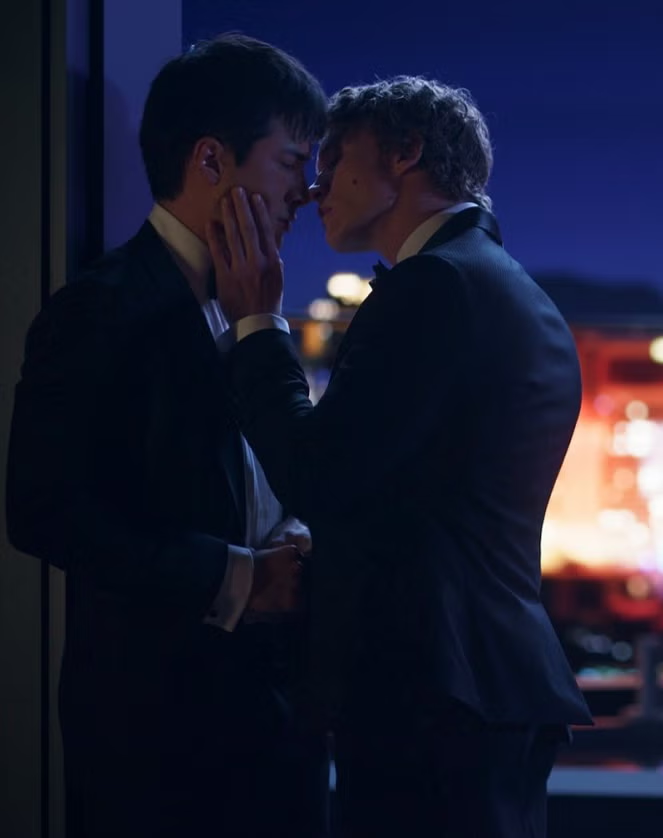
Společnost
Spalující rivalita aneb Proč se ženy chtějí dívat na gay romanci
Jana Patočková13. 1. 2026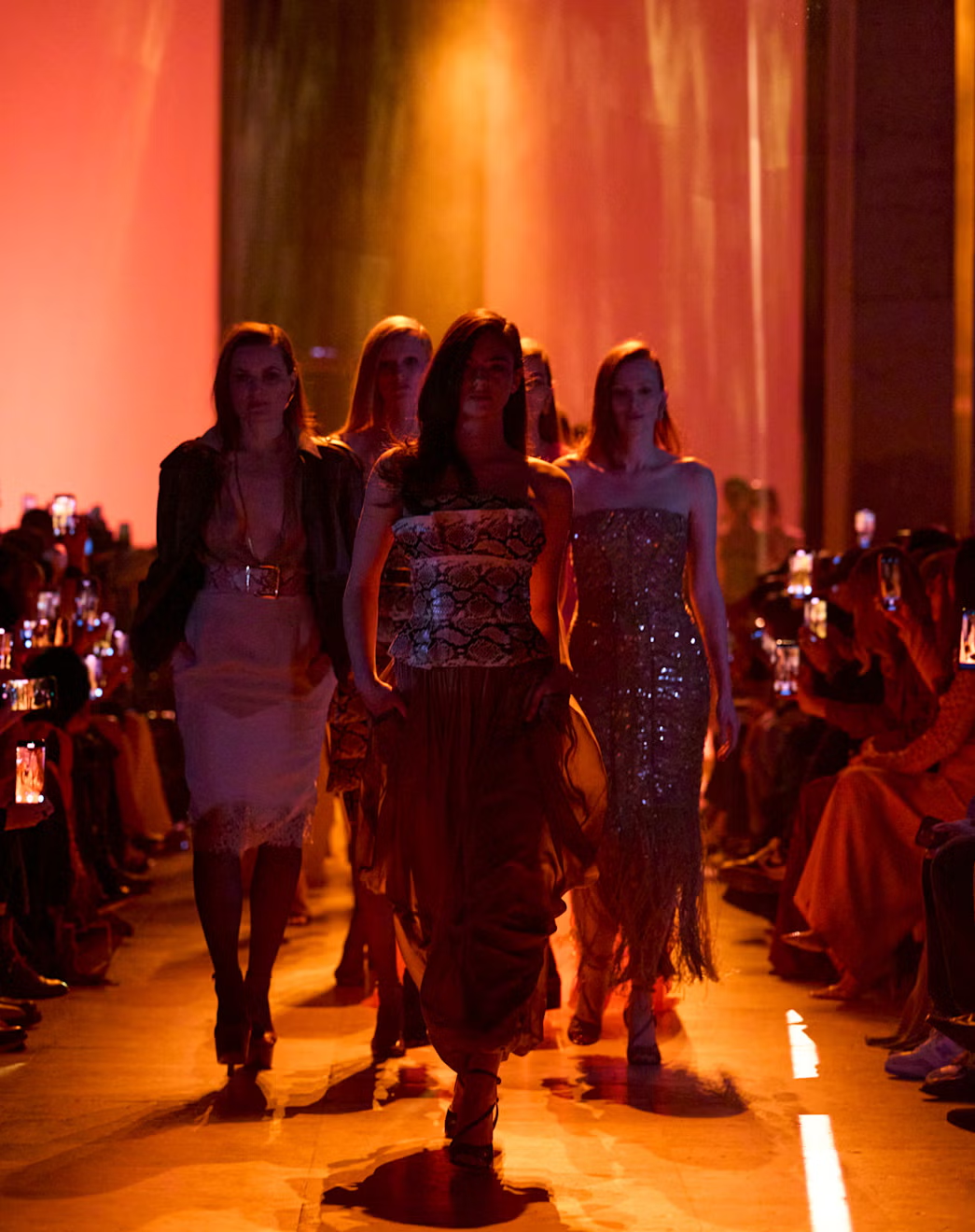
Vogue Leaders
Co luxusní značky a jejich lídři očekávají a přejí si v roce 2026
Laure Guilbault9. 1. 2026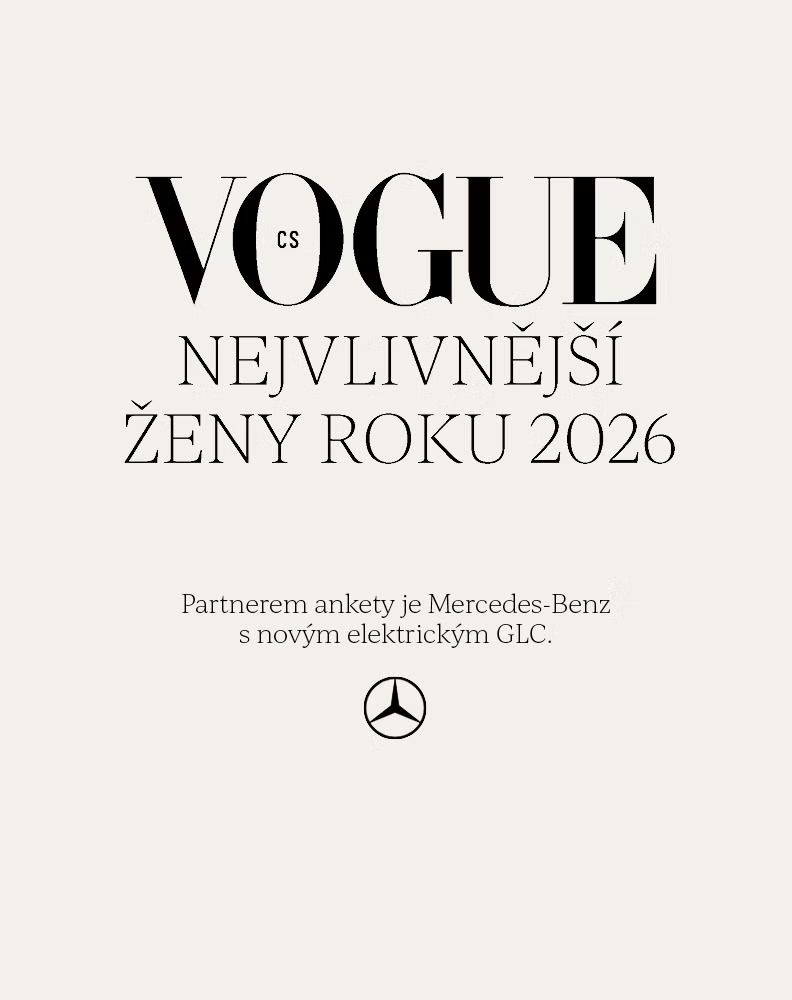
Vogue Leaders
